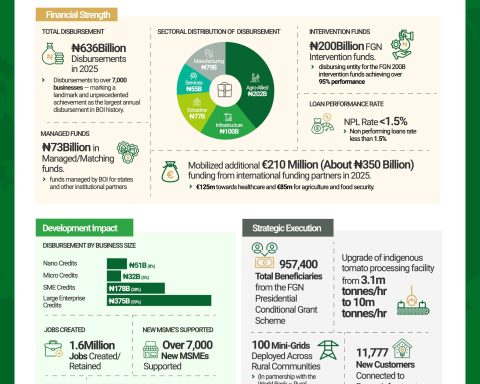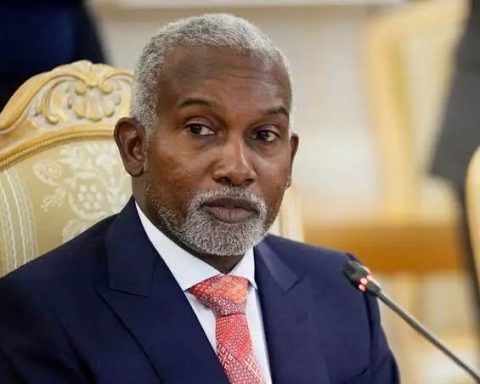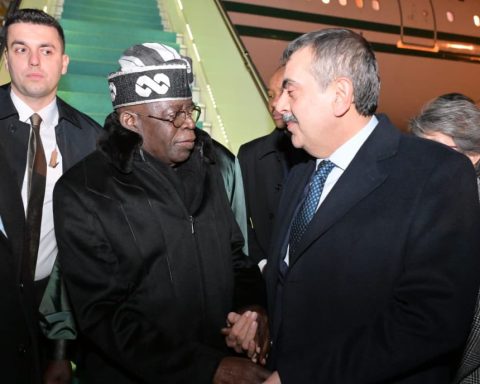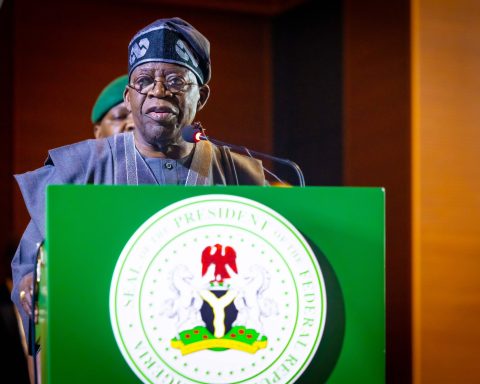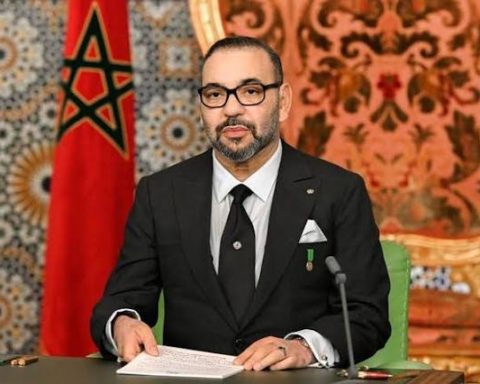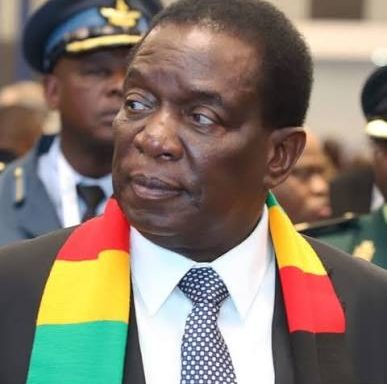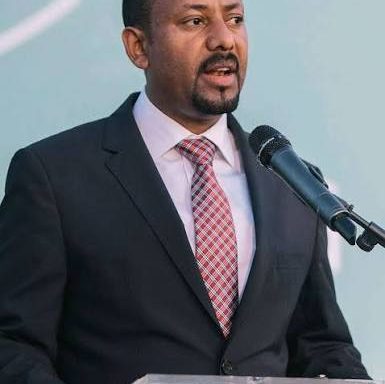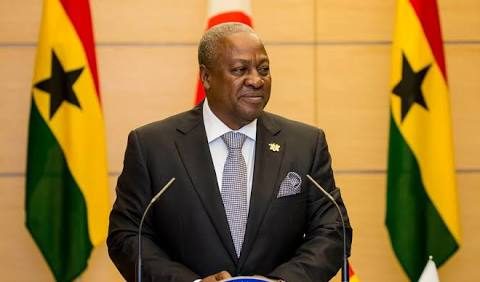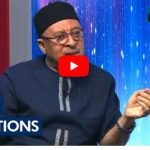Nigeria’s President, Bola Ahmed Tinubu, has officially handed over leadership of the Economic Community of West African State (ECOWAS), to Julius Maada Bio, President of Sierra-Leone.
The handover, which was done at the ECOWAS Authority’s 67th Ordinary Session, ended Tinubu’s two-year tenure as chairman of the Authority of Heads of State and Government of ECOWAS.
Join our WhatsApp ChannelVideos and photos shared on social media showed the moment Tinubu handed over the Emblem to the incoming Chair.
Tinubu, who assumed office as president of Nigeria on 29 May 2023, took up the role of ECOWAS chairman in July of the same year.
The Nigerian leader said he was confident that his successor would lead ECOWAS into a new phase of unification and reform.
Tinubu said he did the handover with a deep sense of fulfillment and optimism for the future of West Africa, and called on leaders in the subregion to remain vigilant and responsive to the evolving needs of citizens.
“I remain confident that with the continued cooperation of all its members, ECOWAS will scale greater heights in our collective pursuit of peace, security, stability, and prosperity for our people and our region,” he said.
READ ALSO: ECOWAS Urges Member States’ Co-operation As Niger, Burkina Faso, Mali Exit Takes Effect
As he reflected on his tenure, the Nigerian leader recognized the challenges the bloc has encountered, such as political shifts, reversals in democratic principles, and an increase in insecurity among its member nations.
He called on member countries and their leaders to deepen cooperation, uphold diplomatic principles, and foster inclusive growth “that leaves no one behind—especially our youth, women, and vulnerable populations, who remain central to the future of our region,” he stated.
He highlighted the importance of striking a balance between the region’s increasing political unrest and insecurity and ECOWAS’s fundamental economic mission.
He expressed gratitude to the ECOWAS Commission and technical staff for their assistance in furthering the regional agenda, as well as to other heads of state for their trust in him during his term.
While accepting the mantle of leadership, Sierra Leone’s president, Bio, outlined a bold four-point agenda for his tenure, which are: restoring constitutional order, revitalising regional security, unlocking economic integration, and building institutional credibility.
“We must engage transitional governments constructively and support member states in building stronger democratic institutions rooted in the rule of law. From intelligence sharing to rapid response, we must confront new threats with unity and resolve,” the new ECOWAS chairman stated.
“The ECOWAS Trade Liberalisation Scheme, regional infrastructure, and cross-border value chains must become engines of job creation, trade, and resilience, especially for our women and youth,” he added.
He further stated that ECOWAS must undergo reform to become more transparent, efficient, and responsive to the needs of its people. This, he said, would help the organisation to rebuild trust in regional cooperation.
READ ALSO: Tinubu Seeks Unity In West Africa As ECOWAS Turns 50
He acknowledged that democracy is backsliding in West Africa, pushing citizens, especially youth, to demand not just credible elections, but accountability, transparency and inclusivity in national affairs.
Bio hailed Tinubu for laying what he described as a solid foundation of regional dialogue, economic recovery, and peacebuilding.’
The Sierra Leonean leader pointed out that West Africa is at a crossroads as it struggles with political instability, transborder crime, terrorism, and illegal arms trafficking, especially in the Sahel and coastal states.
He also noted the existential threats of climate change, inflation, energy constraints, and food insecurity, maintaining that regional cooperation and reform must be urgent and people-driven.
“West Africa’s future is not one of decline, but of possibility – if we act with courage, urgency, unity and moral clarity,” Bio added.
Victor Ezeja is a passionate journalist with seven years of experience writing on economy, politics and energy. He holds a Master's degree in Mass Communication.



